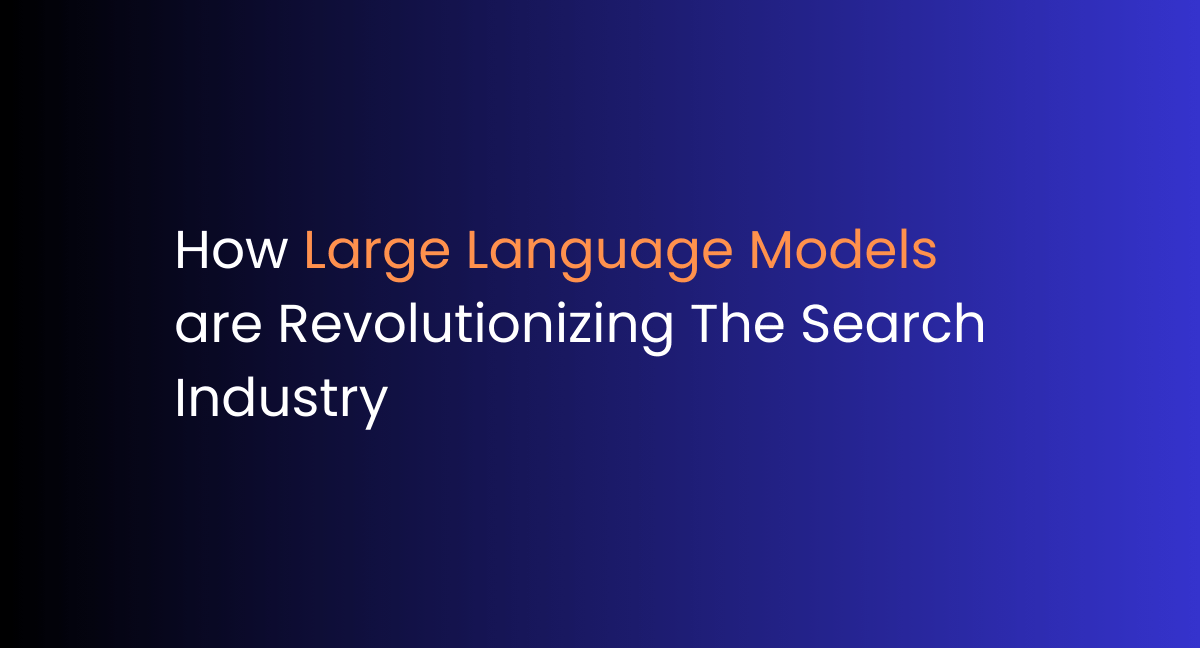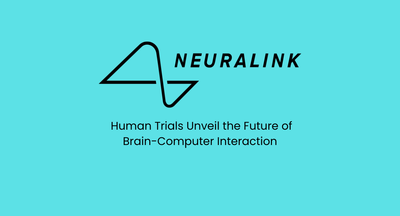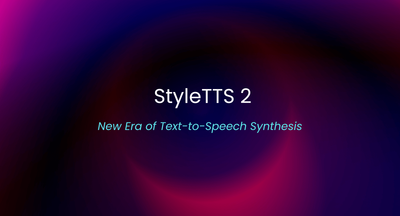How LLMs are Revolutionizing the Search Industry

In the ever-evolving landscape of technology, Large Language Models (LLMs) are making waves, particularly in the realm of search engines—a domain long dominated by giants like Google. But as these AI-driven models become more sophisticated, they are beginning to challenge the status quo, potentially leveling the playing field in unexpected ways.
The Google Paradigm and Its Potential Shift
Google's dominance in the search engine market is largely due to its ability to deliver highly relevant results within the top tier of its rankings. This is crucial because user behavior tends to favor the first few results due to a combination of impatience and the desire for quick answers. However, LLMs threaten to disrupt this by diminishing the importance of search ranking, which has been Google's forte.
LLMs: The New Speed Readers
LLMs can process information at a rate far beyond human capabilities. Imagine an LLM that can sift through the top 100 search results instead of the 10 that a typical user might browse. This capability allows for the creation of a new kind of search product that can:
- Execute a search query and analyze the top 100 results.
- Use the LLM to synthesize and summarize the most relevant information.
- Provide citations for users to verify the information independently.
Flattening the Search Hierarchy
If LLMs can effectively utilize longer context windows, the disparity in search quality among different search engines could become negligible. This means that the gap between a Google-powered search and one powered by Bing or DuckDuckGo, each enhanced by an LLM layer, would significantly decrease. This could force Google to compete on a more level playing field, especially as it and others like Bard consider integrating LLMs into their search algorithms.
The Challenge of Context Windows
For this vision to materialize, LLMs must be adept at using all parts of the context window equally well. Currently, LLMs tend to perform better with information at the beginning or end of prompts, which could lead to a bias toward the highest or lowest-ranked search results. Overcoming this limitation is crucial for the equitable synthesis of search results.
The Cost Barrier
The final hurdle for LLM integration into search is cost. While companies like Perplexity.ai are pioneering the use of LLMs in search with a subscription model, a free, ad-supported model akin to Google's would need to be financially viable. Although LLM-based searches are currently more expensive, the cost is decreasing rapidly, thanks to advances in AI efficiency and the development of smaller, more cost-effective models.
The Road Ahead
The full impact of LLMs on search is yet to be realized and will likely depend on further cost reductions. This could enable the use of more powerful LLMs or multiple runs per query, enhancing quality. With the cost of AI inference plummeting and progress in model efficiency, the integration of LLMs into mainstream search engines might happen sooner than we anticipate.
LLMs are not just changing the search; they are redefining it. As these models become more integrated into search engines, we may witness a significant shift in how we access and process information online. The future of search looks to be more inclusive, efficient, and perhaps even more competitive.
Read More:

We research, curate, and publish daily updates from the field of AI. A paid subscription gives you access to paid articles, a platform to build your own generative AI tools, invitations to closed events, and open-source tools.
Consider becoming a paying subscriber to get the latest!
No spam, no sharing to third party. Only you and me.







